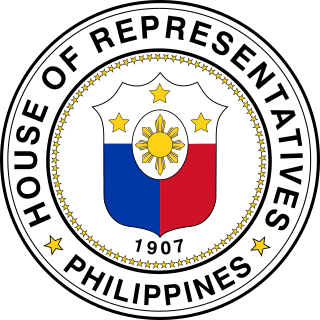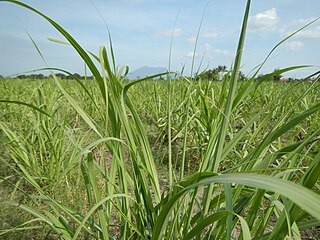 W
WAgriculture in the Philippines is an important part of the economy of the Philippines with crops like rice, coconut and sugar dominating the production of crops and exports. It employs 23% of the Filipino workforce as of 2021, according to the World Bank.
 W
WThe Cairns Group is an interest group of 19 agricultural exporting countries, composed of Argentina, Australia, Brazil, Canada, Chile, Colombia, Costa Rica, Guatemala, Indonesia, Malaysia, New Zealand, Pakistan, Paraguay, Peru, the Philippines, South Africa, Thailand, Uruguay, and Vietnam.
 W
WCoconut production plays an important role in the national economy of the Philippines. According to figures published in December 2009 by the Food and Agriculture Organization of the United Nations, it is the world's second largest producer of coconuts, producing 19,500,000 tonnes in 2009. Production in the Philippines is generally concentrated in medium-sized farms.
 W
WCoffee production in the Philippines began as early as 1740 when the Spanish introduced coffee in the islands. It was once a major industry in the Philippines, which 200 years ago was the fourth largest coffee producing nation.
 W
WCrocodile farming in the Philippines refers to agricultural industries involving the raising and harvesting of crocodiles for the commercial production of crocodile meat and crocodile leather.
 W
WThe Department of Agriculture, is the executive department of the Philippine government responsible for the promotion of agricultural and fisheries development and growth. It has its headquarters at Elliptical Road corner Visayas Avenue, Diliman, Quezon City.
 W
WLand Bank of the Philippines (LBP), often referred to as LandBank, is a universal bank in the Philippines owned by the Philippine government with a special focus on serving the needs of farmers and fishermen. While it provides the services of a universal bank, it is officially classified as a "specialized government bank" with a universal banking license.
 W
WThe Philippine House Committee on Agriculture and Food, or House Agriculture and Food Committee is a standing committee of the Philippine House of Representatives.
 W
WThe Philippine House Committee on Aquaculture and Fisheries Resources, or House Aquaculture and Fisheries Resources Committee is a standing committee of the Philippine House of Representatives.
 W
WThe Philippine Senate Committee on Agriculture, Food and Agrarian Reform is a standing committee of the Senate of the Philippines.
 W
WRice production in the Philippines is an important aspect of the country's food supply and economy. The Philippines is the 8th largest rice producer in the world, accounting for 2.8% of global rice production. The Philippines was also the world's largest rice importer in 2010.
 W
WAs of 2005, the Philippines was the ninth largest sugar producer in the world and second largest sugar producer among the Association of Southeast Asian Nations (ASEAN) countries, after Thailand, according to Food and Agriculture Organization. At least seventeen provinces of the Philippines have grown sugarcane, of which the two on Negros Island account for half of the nation's total production. As of crop year 2009-2010, 29 sugar mills are operational divided as follows: thirteen mills on Negros, six mills on Luzon, four mills on Panay, three mills in Eastern Visayas and three mills on Mindanao.
 W
WTagani Inc., commonly known as Tagani, is a Philippine digital agriculture company. Its services include e-learning for agribusiness and digital farm management. The company is headquartered at the Asian Institute of Management in Makati City, Philippines.